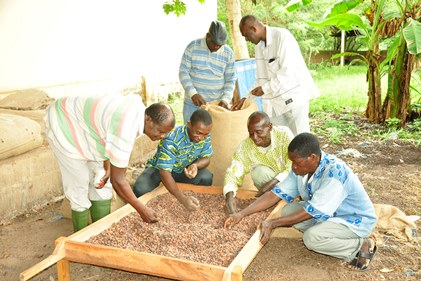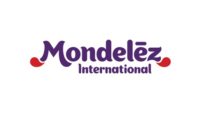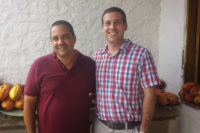
|
| Ivorian cocoa farmers train with the Cargill Coop Academy. Photo provided by Cargill. |
The International Finance Corporation (IFC) and Cargill are investing $2.5 million to strengthen and expand the successful Cargill Coop Academy in Cote d'Ivoire.
The goal is to provide greater access to advanced business skills training for more than 300 cocoa cooperative leaders. And, by extension, the partnership is expected to reach 70 new cooperatives and their leaders and benefit more than 60,000 smallholder farmers and their communities.
The 70 cooperatives will be evaluated at the beginning of the program in an effort to identify areas of weakness and determine the focus of their personalized coaching for the year. Their progress will then be evaluated at the end of the coaching period.
The Cargill Coop Academy, established in 2013, was the first of its kind in the cocoa sector and remains unique in providing cooperative leaders with the management skills to improve the day-to-day running of their organizations and make their organizations more professional, efficient and successful.
The initiative was launched under the Cargill Cocoa Promise, with 40 leaders from 10 cooperatives already benefiting from training and support provided by the Coop Academy.
This additional investment will take the program to the next level, increasing the number of participants and professionalizing the training and materials.
Also, IFC and SCOPEinsight, an independent agricultural assessment agency, have co-developed a new evaluation and benchmark tool.
The tool will be used to assess the level of professionalism of farmer groups against eight key dimensions, and it’s key to not only personalizing the training but to measuring the success and impact of the Cargill Coop Academy overall.
"The Coop Academy remains a unique program that is giving the leaders of farmer cooperatives the skills, training and support they need to help their businesses succeed, says Jos de Loor, president of Cargill Cocoa & Chocolate Europe, Middle East, Africa & Asia. “Successful cooperatives are critical to supporting the future of cocoa farming and cocoa communities.”
The program continues to include all aspects of management training, from good governance, the structure and principles of a cooperative, people management skills, operational management, financial and auditing techniques, and business and marketing plans.
Since The Cargill Academy's launch, the training has been improved based on feedback and recommendations from the IFC.
Sinan Traoré, president of the Cooperative CAYAT in Adzope, participated in the first set of training and explains what changes they have made since and the benefits of the academy.
"Thanks to the training from the Cargill Coop Academy we realized the importance of hiring a professional controller to help manage our financials and optimize our regional organization,” he explains. “The new controller, with support from the Coop Academy coach, successfully analyzed our cost structure and defined a game plan to reduce operational costs by 20 to 30 percent. And this is only one of the actions defined in our three-year development plan!"
The Department of Foreign Affairs, Trade and Development Canada also is contributing to the project as a donor to IFC.
"Smallholder farmers represent 80 percent of all farms in Africa,” explains German Vegarra, IFC's Head of Manufacturing, Agribusiness and Services for Sub-Saharan Africa. “Private sector companies such as Cargill play an important role in supporting farmers and agribusiness on the continent. By supporting the development and professionalism of the farmer cooperatives, the Coop Academy will indirectly equip farmers with the skills they need to grow, access markets and secure their livelihoods."
The Cargill Coop Academy was developed and is implemented by TechnoServe, a non-profit organization that provides business solutions to poverty in partnership with Cote d'Ivoire's leading university INPHB. It is supported by the Sustainable Trade Initiative (IDH) and the Department of Foreign Affairs, Trade and Development Canada is also contributing to the project as a donor to IFC.





